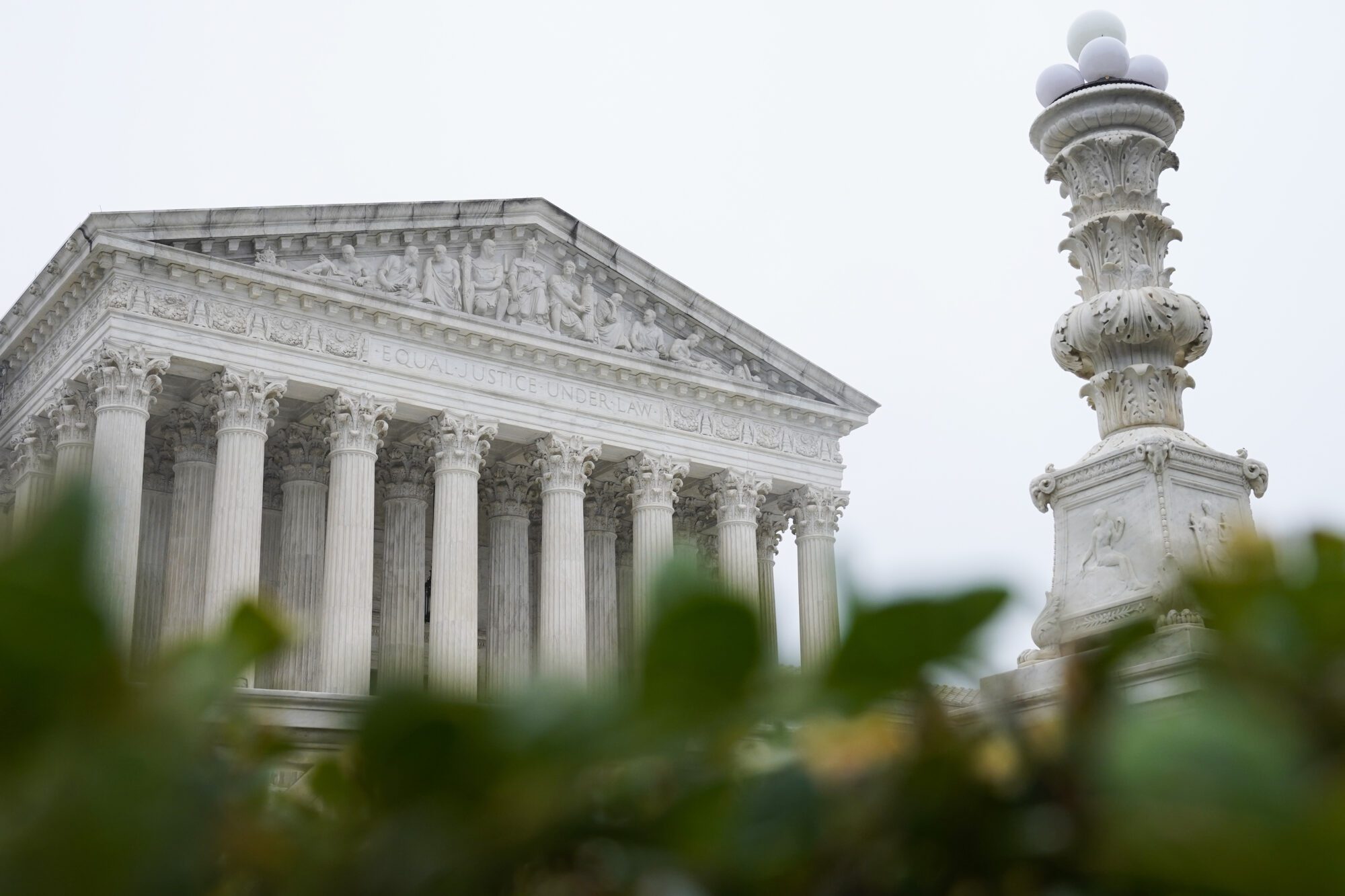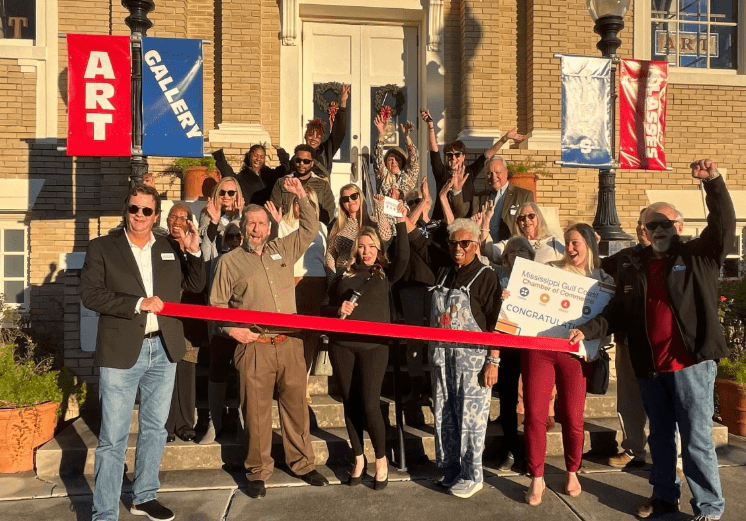Today the Mississippi Criminal Justice Task Force, chaired by Commissioner of Corrections Chris Epps, announced a comprehensive plan to improve the state’s criminal justice system. The bipartisan, inter-branch Task Force, with technical assistance from The Pew Charitable Trusts’ public safety performance project, developed the recommendations for the upcoming legislative session with a focus on identifying cost-effective, evidence-based policies that protect public safety, ensure clarity in sentencing, and control costs.
Without action, Mississippi’s prison population is expected to rise by nearly 2,000 over the next 10 years. The Task Force recommendations will halt the growth and safely reduce the population, saving a minimum of $266 million.
The time is right
Mississippi has one of the nation’s highest and fastest-growing imprisonment rates. Improving Public Safety and Containing Corrections Costs in Mississippi outlines key Task Force’s findings, including that:
· Three-quarters of offenders admitted to Mississippi prison were convicted of a nonviolent crime, and
· Just seven percent of the corrections budget is spent on community supervision programs such as house arrest, probation, or parole, although 64 percent of offenders are on community supervision.
Improve public safety, control costs
The Task Force determined there are better and more affordable ways to hold lower-level, nonviolent offenders accountable while still protecting public safety. The 19 Task Force recommendations will:
· Ensure certainty and clarity in sentencing,
· Expand judicial discretion in imposing alternatives to incarceration,
· Focus prison beds on violent and career offenders,
· Strengthen supervision and interventions to reduce recidivism, such as drug courts, and
· Establish performance objectives and measure outcomes.
Lessons learned
A growing number of states are taking significant steps to improve their criminal justice systems and Mississippi is poised to be next. Successful reforms in states such as Arkansas, Georgia, South Dakota, Kentucky, and South Carolina highlight a variety of research-based strategies for nonviolent offenders that protect public safety, hold offenders account






